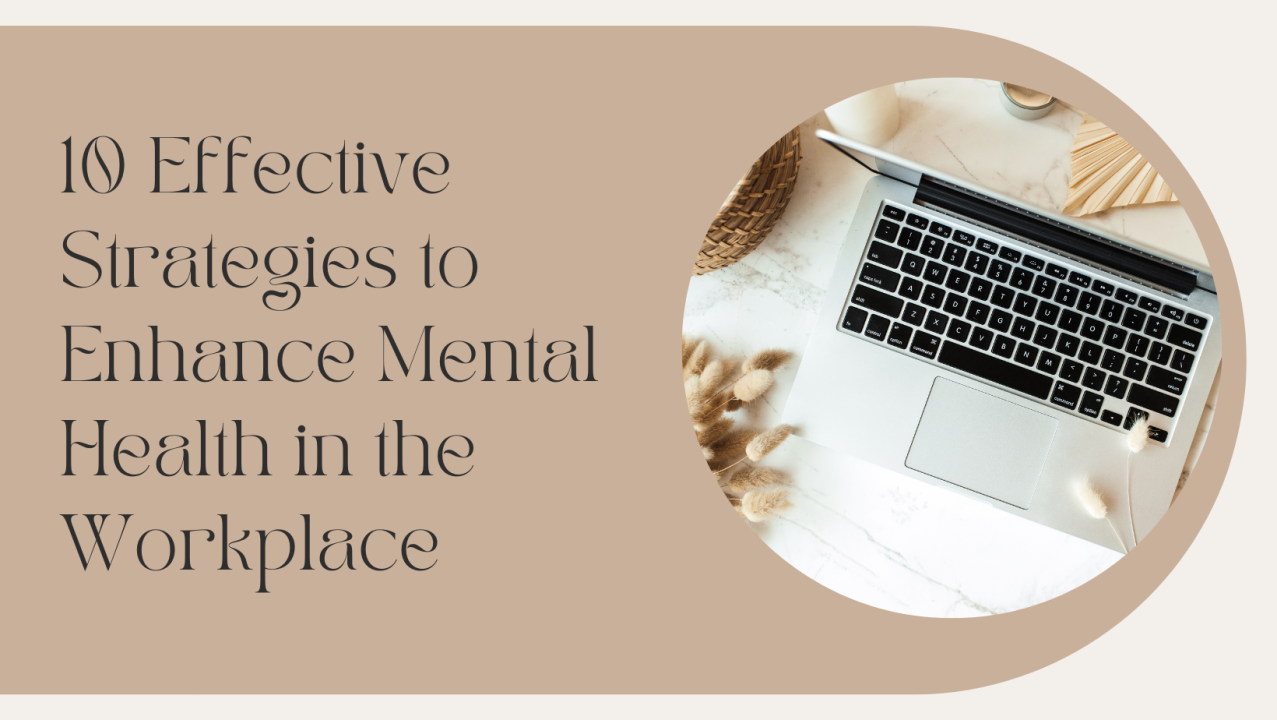Overcoming Anxiety Effective Strategies for Relief
Introduction:
Anxiety can be a challenging emotion to navigate, but with the right strategies, relief is possible. In this article, we’ll explore effective techniques for overcoming anxiety and finding relief.
Understanding Anxiety:
Before diving into strategies for overcoming anxiety, it’s essential to understand what anxiety is and how it manifests. Anxiety is a natural response to stress or perceived threats, but when it becomes excessive or overwhelming, it can interfere with daily life. Common symptoms of anxiety include feelings of worry, fear, restlessness, and physical symptoms such as rapid heartbeat and sweating.
Practice Deep Breathing:
One of the most effective ways to combat anxiety in the moment is through deep breathing exercises. Deep breathing activates the body’s relaxation response, helping to calm the mind and reduce feelings of stress and anxiety. Practice deep breathing by taking slow, deep breaths in through your nose, holding for a few seconds, and then exhaling slowly through your mouth. Repeat this process several times until you feel more relaxed.
Challenge Negative Thoughts:
Anxiety often stems from negative thought patterns and irrational beliefs. Challenge these thoughts by asking yourself if they’re based on facts or distorted perceptions. Replace negative thoughts with more realistic and positive affirmations. For example, instead of thinking “I can’t handle this,” try reframing it as “I can cope with this situation one step at a time.”
Practice Mindfulness Meditation:
Mindfulness meditation is a powerful tool for managing anxiety and promoting overall well-being. By focusing on the present moment and observing your thoughts and feelings without judgment, you can cultivate a sense of calm and acceptance. Set aside time each day to practice mindfulness meditation, even if it’s just for a few minutes. Over time, you’ll notice a reduction in anxiety and an increased sense of inner peace.
Engage in Regular Exercise:
Balancing Act: Proven Strategies for Mental Stability
Balancing Act: Proven Strategies for Mental Stability
In today’s fast-paced world, maintaining mental stability is crucial for overall well-being. Life’s challenges and uncertainties can take a toll on our mental health, but with mindful strategies, it’s possible to achieve a sense of balance and stability. Let’s explore some proven techniques that can contribute to mental well-being.
Understanding Stress and Its Impact
Stress is an inevitable part of life, and its effects on mental health can be profound. Recognizing the sources of stress is the first step towards managing it effectively. Whether it’s work-related pressure, personal relationships, or external factors, understanding the root causes empowers individuals to develop targeted coping mechanisms.
Mindfulness Meditation for Present Awareness
One powerful strategy for enhancing mental stability is practicing mindfulness meditation. This ancient technique involves focusing on the present moment without judgment. Regular mindfulness meditation has been shown to reduce stress, anxiety, and even symptoms of depression. By cultivating present awareness, individuals can gain better control over their thoughts and emotions.
Building a Support System
Humans are social beings, and having a strong support system is vital for mental well-being. Surrounding oneself with positive and understanding individuals can provide a valuable source of emotional support. Sharing thoughts and feelings with trusted friends or family members can alleviate the burden of stress and contribute to a more stable mental state.
Incorporating Physical Activity
Physical activity is not only beneficial for the body but also for the mind. Regular exercise releases endorphins, which are natural mood lifters. Whether it’s a brisk walk, yoga, or a full workout routine, finding a physical activity that brings joy can significantly contribute to mental stability.
Mind-Body Connection Through Relaxation Techniques
Exploring relaxation techniques such as deep breathing, progressive muscle relaxation, or guided imagery can help establish a strong mind-body connection. These
Achieving Mental Harmony: Practical Tips for Inner Balance

Achieving Mental Harmony: Practical Tips for Inner Balance
Maintaining mental harmony is essential for overall well-being. In today’s fast-paced world, stress and anxiety can take a toll on our mental health. Fortunately, there are practical tips that can help you achieve inner balance and promote mental harmony.
Understanding the Importance of Mental Harmony
Achieving mental harmony is not just about avoiding stress; it’s about fostering a positive and balanced mindset. Mental well-being is closely linked to physical health, and finding harmony in your thoughts and emotions can have a profound impact on your overall quality of life.
Embracing Mindfulness and Meditation
One effective way to cultivate mental harmony is through mindfulness and meditation. Take a few moments each day to focus on your breath, clearing your mind of clutter. Engaging in mindfulness practices helps reduce stress, improve concentration, and promote a sense of inner peace.
Building Healthy Habits for a Balanced Lifestyle
A key component of mental harmony is maintaining a balanced lifestyle. Ensure you prioritize adequate sleep, regular exercise, and a nutritious diet. These factors play a crucial role in supporting your mental and emotional well-being, contributing to a more harmonious state of mind.
Cultivating Positive Relationships
Social connections are vital for mental health. Surround yourself with supportive and positive individuals who uplift and encourage you. Cultivating meaningful relationships helps create a strong support system, fostering a sense of belonging and contributing to your overall mental harmony.
Setting Realistic Goals and Expectations
Unrealistic expectations can lead to stress and frustration. Set achievable goals and break them down into smaller, manageable tasks. Celebrate your successes along the way, and don’t be too hard on yourself if things don’t go as planned. This approach helps maintain a positive outlook and contributes to mental harmony.
Practicing Gratitude
Take time each day to


